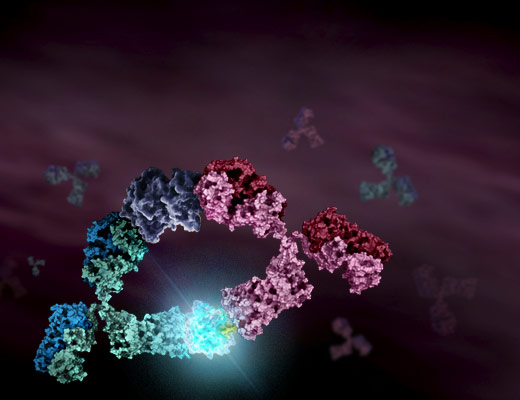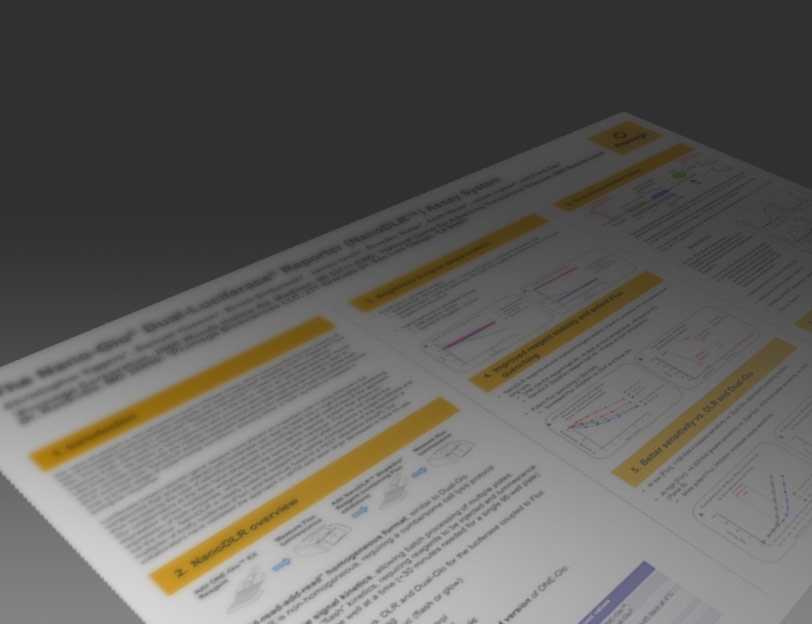Gene Therapy Assays
Gene therapy is aimed at treating or preventing diseases by modifying the genetic material within a patient’s cells. This method involves the introduction, removal or alteration of genetic material to address underlying genetic disorders or to enhance immune responses against diseases like cancer. To deliver these genetic changes efficiently, scientists often utilize viral vectors—modified viruses that can carry and deliver therapeutic genes into targeted cells. These vectors are engineered to be safe, efficient and capable of overcoming barriers such as the immune system and cell membranes to ensure successful gene delivery.
Explore our tools to support your gene therapy research needs and discover innovative assays that will advance your work.
Filter By
Showing 1 of 1 Products
An Introduction to Gene Therapy Solutions
Viral vectors are attractive delivery mechanisms for gene therapy because their natural infectivity gives them high cellular uptake. Two of the most common viral vectors are adeno-associated virus (AAV) and lentivirus (LV). These vectors have unique characteristics that can be exploited for different applications.
Adeno-associated virus (AAV) vectors are one of the most commonly used tools in gene therapy due to their safety profile and ability to target a variety of cell types. These non-pathogenic viruses are small and highly stable, and they can be engineered to carry therapeutic genes into both dividing and non-dividing cells. AAV vectors typically do not integrate into a host cell genome, with minimal risk of disrupting important genes, making them especially appealing for long-term gene therapy applications. They have shown promise in treating a variety of genetic diseases, including those affecting the eyes, muscles and liver.
Lentiviral vectors are another powerful tool in gene therapy. Unlike AAV vectors, lentiviruses readily integrate their genetic material into the host genome, allowing stable, long-term expression of the introduced gene. This makes them ideal for treating diseases where sustained gene expression is necessary, such as certain blood disorders or immune system defects. Lentiviral vectors are also highly versatile, capable of transducing a wide range of cell types, including both dividing and non-dividing cells.



